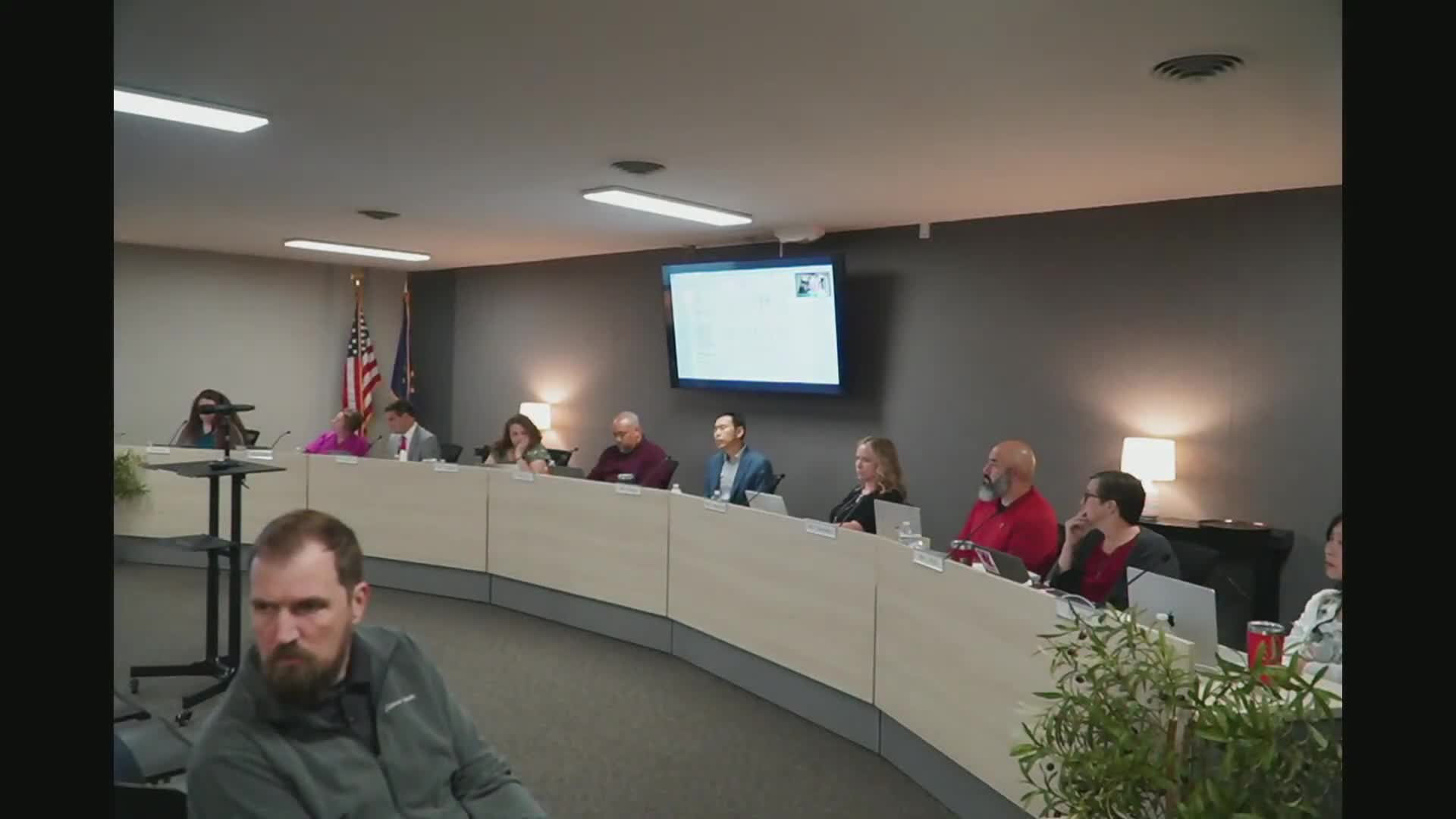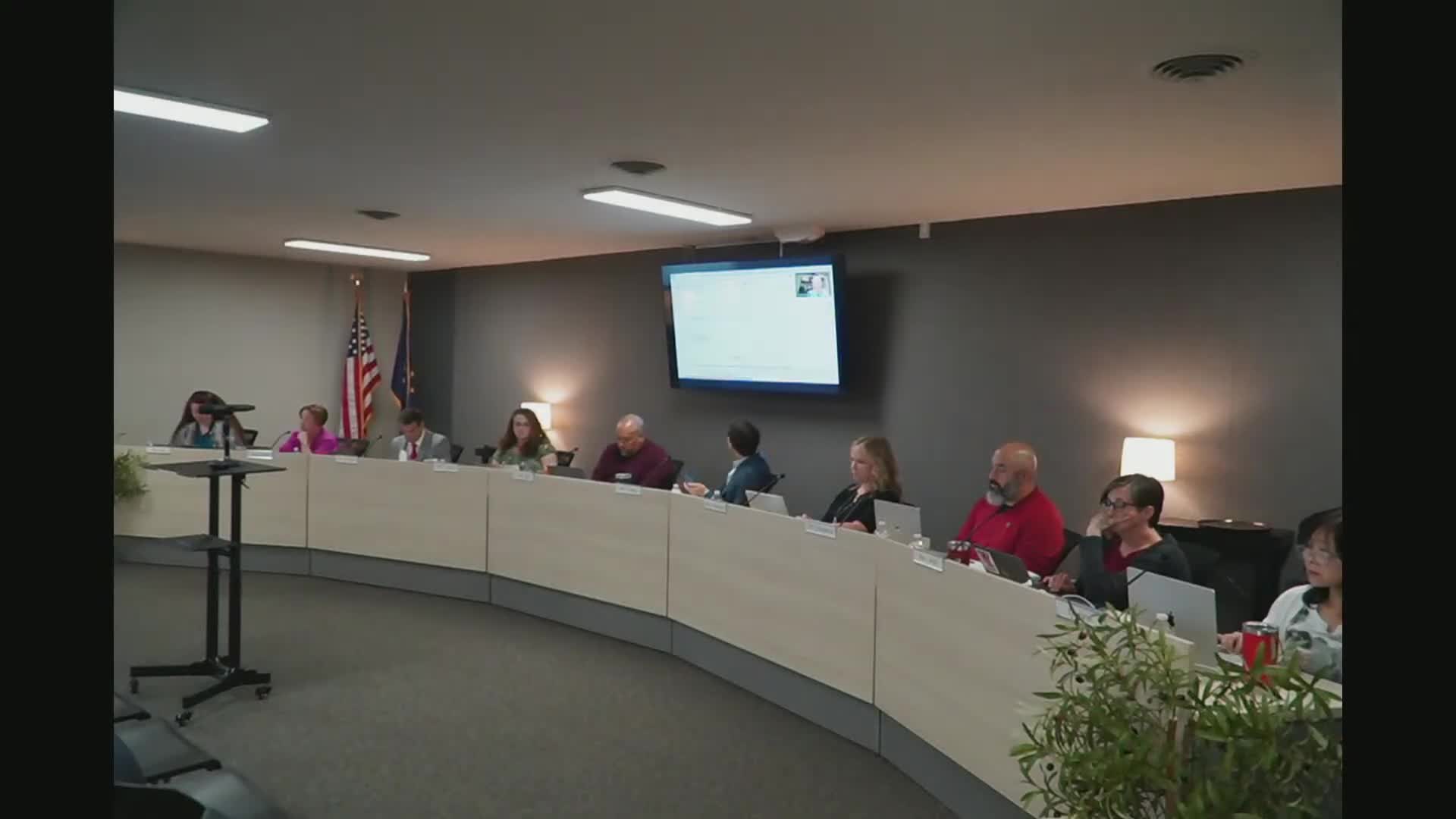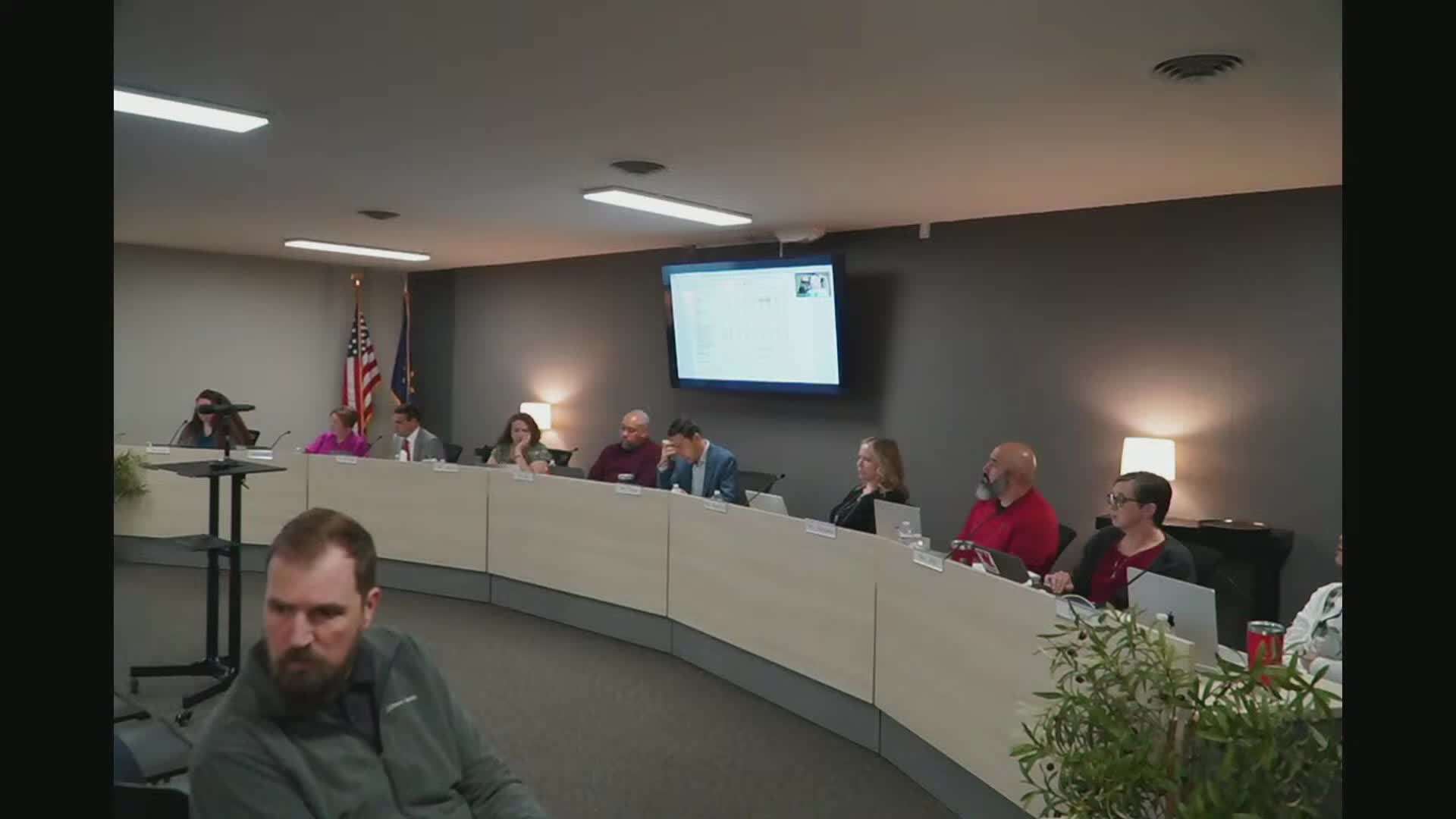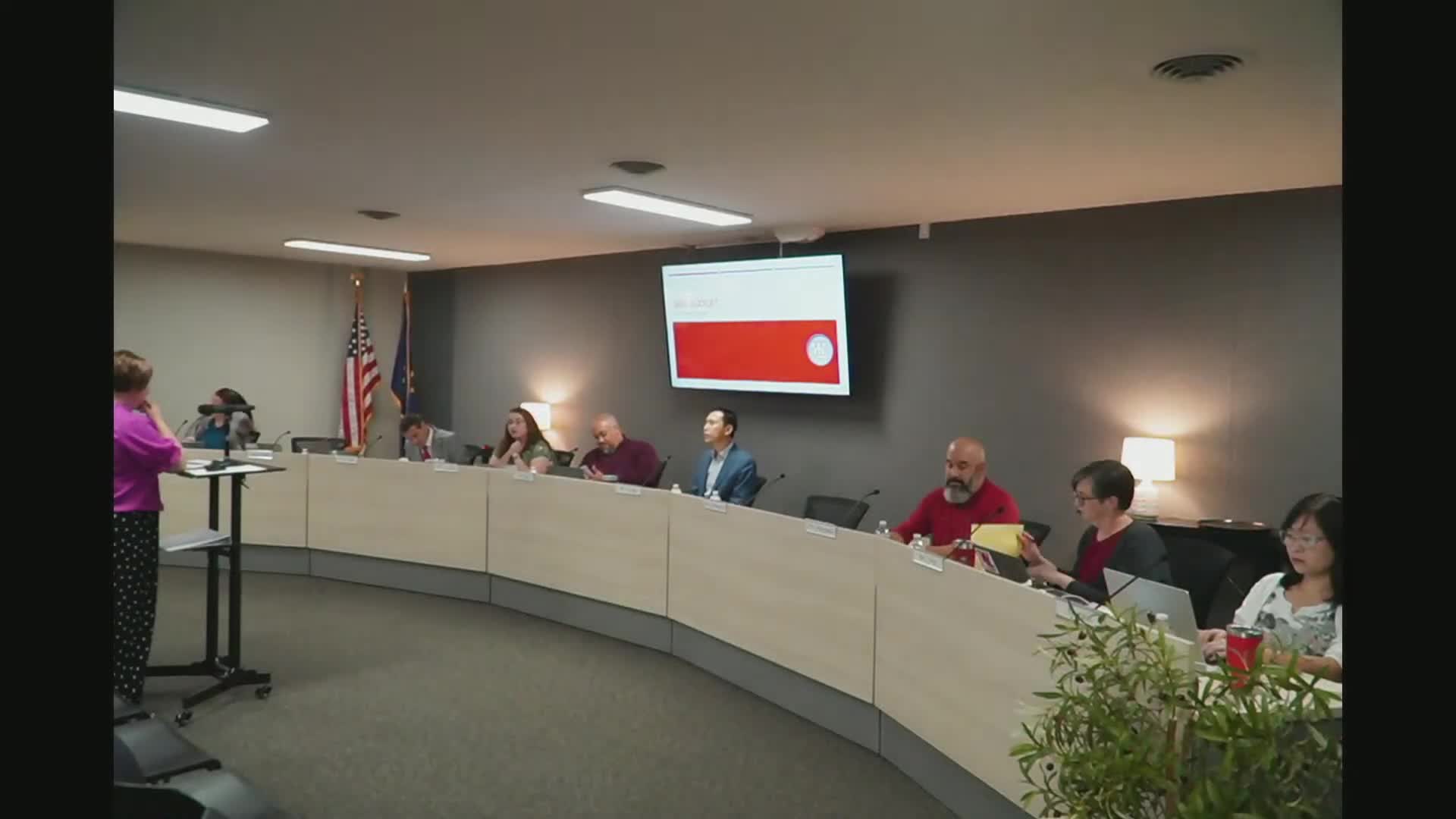Article not found
This article is no longer available. But don't worry—we've gathered other articles that discuss the same topic.

Board approves $115,000 architect agreement for junior‑senior high natatorium repairs

Elementary schools report: iRead progress, math screeners and supports for incoming students

Board discussion over transfer students escalates into debate on open enrollment and referendum risk

